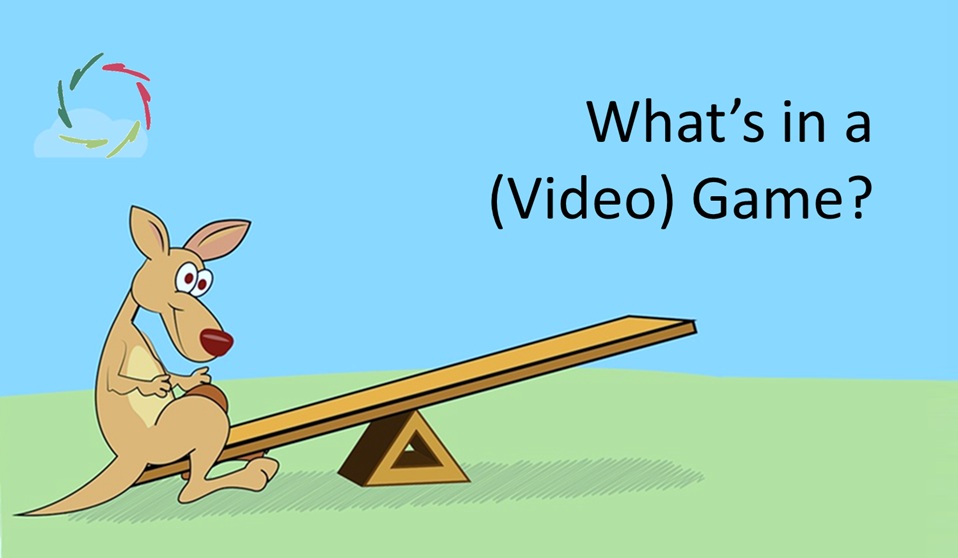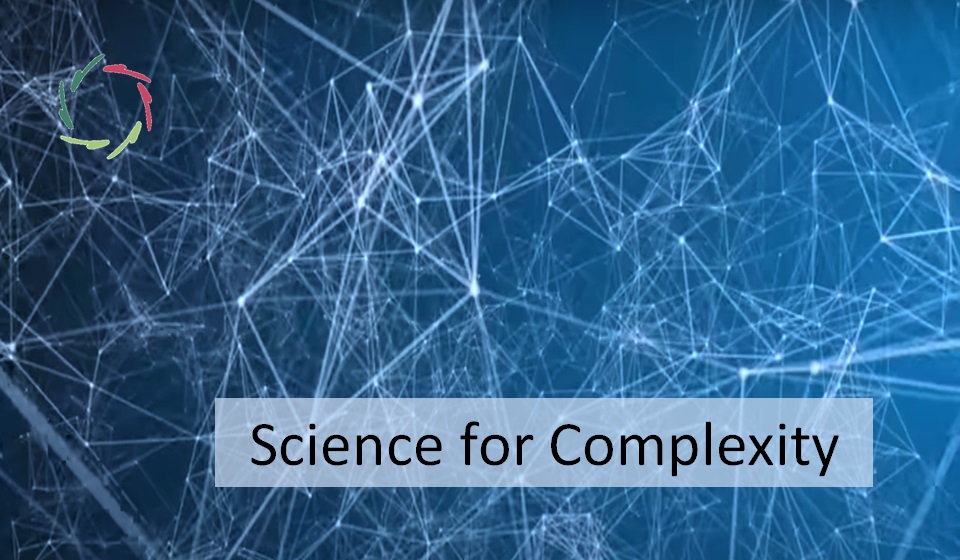‘Here and Now’: the Fourth Time

This is the so called ‘here and now’ that takes place neither in the past, nor in the future, nor in the present.
Three common times if you want: past, present, future.
The fourth time hovers over the other three, as it were.
At first sight it seems to be only about ‘now’ of course, but that’s not the case. It is also about ‘forever’. And yet it has indeed to do with ‘now’. A bit difficult: as a kind of abstraction of the ‘eternal now’. This may be misleading, because it’s not about a concrete ‘now’ that passes by as one sometimes describes it. It is thinner, more abstract.
Imagine that the time would suddenly stop ‘forever’.
Simple: then there is no past, present or future anymore. So there is also no present anymore, because there is nothing happening in that present. And there is no past anymore, because there is no present from which one can approach that past. There are no times anymore, except the fourth one, because that time is floating on top.
Do you get it?
This is meditation.
Meditation happens in the ‘here and now’.
That’s not to say that you should merely pay attention to what is happening ‘now’. You may as well focus your attention on the past. In early Buddhism the term ‘open attention’ (sati) referred to ‘memory’ as well as to attention to the ‘now’. It is clear that in those times, one was talking about a different order than that of the three times. Principally, one cannot speak about ‘esotericism’ here. No time travelling, for example.
It is mainly the feeling that what comes to your attention is independent of time.
Objectively scientifically seen, time is not linear, nor anything else.
Actually we know nothing about it for certain. Time may not exist and yet, nothing can exist without time. E.g. how can something exist that never could start because in that case something should have existed before that first something itself is started.
Probably one day, someone will fully understand.
There is also the time that is important to the subject, the observer-of-time.
One can say about this that man does not have its origins in time, but time has its origins in man. Some cultures saw this time as circular; others thought that time was linear.
In meditation, time is yet different.
That is what this text is about. To say it with a metaphor: time ‘dissolves’ as salt in water. Or: time floats and the meditator is floating along as in a cloud of ‘here and now’, time-less, neither in time nor out of time. Time itself is gone.
Probably it will ever be possible within time – remember? – to examine the brain of a meditator and to determine that his sense of time, or better the nulling of time, has a physiological explanation. Of course. My eyelids have a physiological explanation too. The fact that I see the world as I open my eyes, has that too. However, that world which I see then has not much to do with this. How my brain responds to that world than again has, though. But how my brain reacts is not an explanation of what I see. I seem to ‘see’ three times. I sometimes seem to ‘see’ a fourth one.
And that is more than OK.


